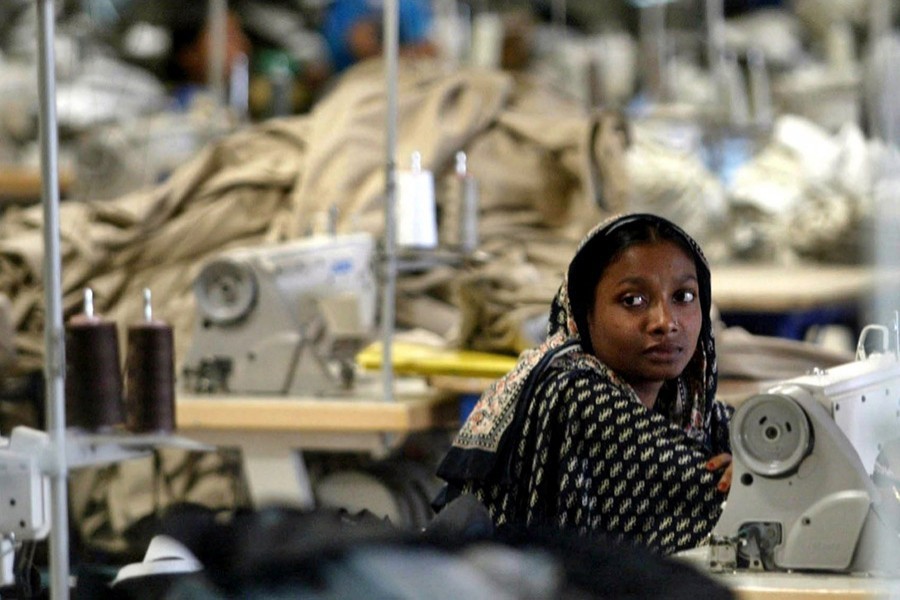
Published :
Updated :

Death of a large number of workers at their workplaces is a clear evidence of underdevelopment. Coalmine accidents may not be preventable but those at factories and manufacturing plants or even at assembling or disassembling yards such as ship-breaking ones can be minimised. The accidental death of 729 workers at work places in 2020 confirms that the country is not particularly mindful of saving the lives of those who actually drive the engine of progress. Naturally the highest casualties - 348 deaths - were reported from the transport sector which is infamous for frequent tragic accidents. Then there are the injured.Now the number of death, according to the JatriKalyanSamity, is far higher than 729 as estimated by the Bangladesh Institute of Labour Studies (BILS). It estimates the number of drivers and operators at 1,745. Apart from these figures, there are others who remain outside of such counts because such deaths occur mostly in the informal sector.
The transport sector is followed by the construction sector where outdated contraption is used and manual systems still rule the roost in utter disregard for workers' safety. Precariously perched either on bamboo platforms or hanging from ropes by the wall of high-rise buildings without safety gears, workers have to plaster or paint for a pittance. These are a sure recipe for disaster. Plastic and gypsum factories along with leather processing are considered high risk ones simply because of exposure of workers to dangerous materials or chemicals. The fact is that workers are not provided with the required safety gears in order to protect them from molten substances that can burn or kill them or from chemicals that work as a slow poison. Many such workers suffer the direct consequences or their next generations may bear the indirect effects as well. Much of their woes could be eliminated if only the factory rules were applied strictly and they had been equipped with modern safety gears while on duty. Mill or factory owners go for cost-cutting where safety measures are workers' lifeline.
The pandemic has made the condition of workers in the informal sector even worse. Already awfully exploited, they have now been put at the mercy of the management. Even in the readymade garments (RMG) sector, the employees at the bottom tier are facing a more hostile working environment courtesy of a government circular under which the application of sections 100, 102 and 105 concerning working hours and overtime have been postponed for six months effective from April 17 next. This segment of working people finds itself as a major component in the 14.75 per cent new poor.
The bottom line is that the country is not pro-workers although, the lion's share of the foreign exchange is earned by their labour either at garment factories or on foreign lands. This is unfair. As high as 47 per cent of returnee migrant workers are reportedly unemployed.For a country to come out of the woods, there is a need for improving socio-economic conditions of its working class so that children from their families can receive decent education and lead a better life than their parents. Instead of narrowing the yawning socio-economic disparities, this kind of anti-worker policies will further expand the gap.


 For all latest news, follow The Financial Express Google News channel.
For all latest news, follow The Financial Express Google News channel.